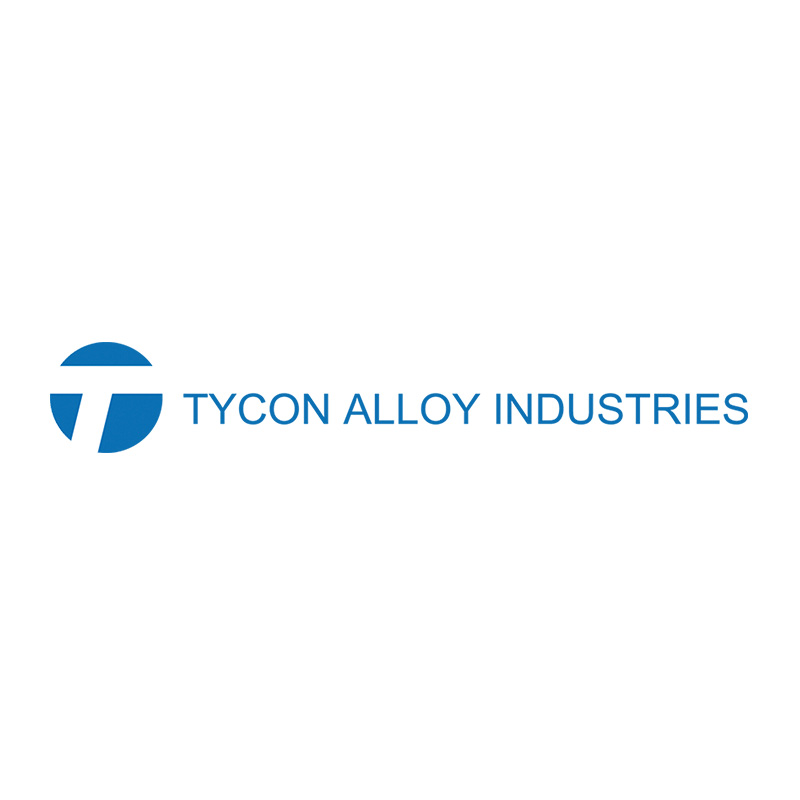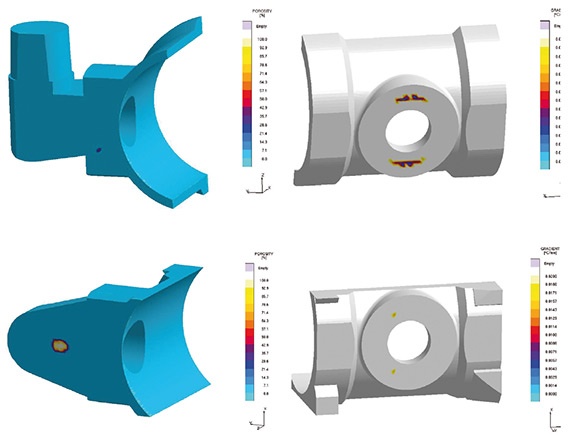Valve Casting Specialist on New Frontiers
Valve castings are becoming more complex and diverse than ever before. Casting quality requirements are increasing. New frontiers in science require advanced engineering technology to satisfy the demanding and competitive market. Tycon Alloy Industries, situated in Hong Kong, has built a strong reputation in providing cost-effective stainless steel casting solutions to their clients all over the world. Since 1995, Tycon has successfully logged over 10,000 different castings in a variety of applications with casting weights ranging from several hundred grams to more than 600 kg a piece. With a combined capacity of over 700 tons/month, Tycon is one of the leading stainless steel foundries in China, both in terms of quality and capacity.
Casting defects revealed can be repaired. Especially small defects such as microporosity are difficult to interpret using radiographic examination. If such defects are not detected by conventional non-destructive testing methods, in many instances these problems are only found after final machining, which results in scrapped castings. The added value invested in this scrap can significantly exceed the manufacturing costs of the unmachined casting, which is a small proportion of the finished assembly. For the foundryman, this is a challenge. To secure an early recognition of such defects, innovative technologies must ensure a robust product quality. Comprehensive studies to detect microporosity by virtual tools let Tycon Alloy Industries decide to apply the latest simulation software from MAGMA to help significantly reduce such costs.
For one of Tycon's products, the customer required zero defects in a critical area. Radiography revealed no defect in the as-cast component, however microporosity was found in the bore after final machining. Using MAGMA5 to verify this issue confirmed that there was microporosity present in the critical area. The results allowed technicians to modify the runner and riser confi guration to eliminate the defect. The casting trials indicated that the revisions made resulted in no porosity in the critical area, leading to a sound casting.
The world casting industry expects to grow 3% annually up until 2020. To meet these demands, Tycon has invested in advanced production equipment to ensure better process control, better productivity and cost reduction in all aspects of their manufacturing facilities. But, manufacturing equipment alone cannot satisfy these criteria. Tycon recognizes the need to serve valve customers better through the use of an advanced simulation program to complement their production facilities. Through the use of MAGMA5, the company is able to fully comply with customer requirements regarding cost and time savings while supplying defect-free valve castings. Moreover, the company gives customers confidence in their ability to meet market demands by demonstrating the integrity of the finished casting at the development stage.


